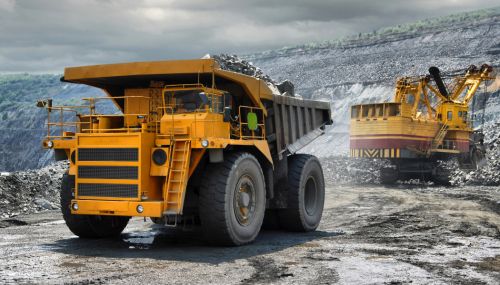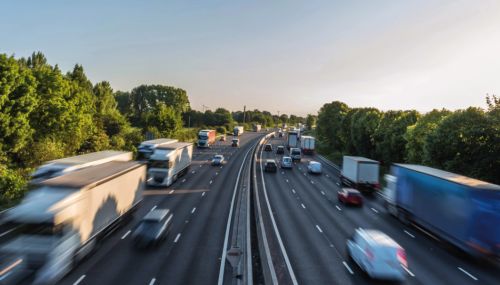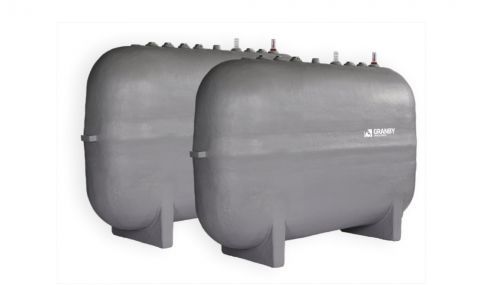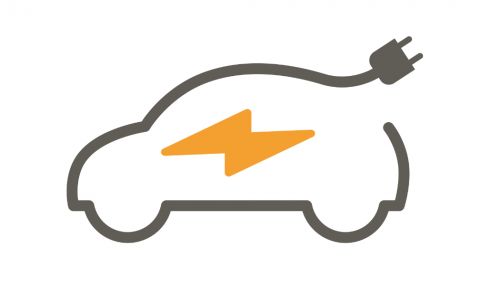All
A Ferry Different Approach
by By Ed Burke and Kelly Burke, Dennis K. Burke Inc.

Maine’s Casco Bay Lines awarded $3.2M for diesel hybrid ferry
Maine’s Casco Bay Island Transit District will receive $3.2 million in federal funds to purchase a diesel-electric hybrid propulsion system for a new passenger ferry. This is the final piece of funding necessary to move forward with the system.
The Federal Transit Administration (FTA) has awarded approximately $47.5 million from the Ferry Grant Program to 12 projects in 12 states. FTA explains the selected projects will improve access, safety and reliability of the nation’s ferries. The grants will fund projects to purchase, replace or rehabilitate passenger ferries, terminals and related infrastructure and equipment.
“Passenger ferries are an important mode of transportation across the country, providing thousands of people with access to employment, education and other critical needs,” said FTA Acting Administrator K. Jane Williams.
Bill Pulver, MaineDOT chief operating officer explained what they’ve learned through the process. “There are different types and configurations of these propulsion systems, including diesel-electric, hybrid diesel-electric, fully electric, and others,” he noted. “When these terms are used interchangeably, it causes confusion.
“We’ve also learned that every ferry route is different when it comes to the potential and options for hybrid/electric propulsion, given the length of routes, the types of seas, the size and power requirements of the vessel, the daily schedule, and land-based power capacity and infrastructure at the dock,” Pulver continued. “We’ve learned, too, that shore-based charging infrastructure upgrades and peak power costs can be costly and challenging.”
The U.S. shipbuilding market has been using diesel-electric hybrids on various commercial vessels, but the U.S. passenger ferry market lags behind its European counterparts. With that said, there are a few projects underway.
America’s largest ferry owner, the State of Washington, has adopted an ambitious climate action plan. Washington State Ferries wants to have 22 plug-in-capable hybrid vessels and 17 shore-charging stations by 2040. It has already ordered five new hybrids and is working on a battery-hybrid retrofit for its three largest diesel-electric vessels. The first conversion is slated for completion in 2021-22 at an overall cost of about $40 million.
In New York, the Maid of the Mist sightseeing tour at Niagara Falls is in the process of replacing its ferries with new vessels running on electric-battery hybrid propulsion. The first of the two boats began trials in mid-December, and Maid of the Mist expects both to enter operation in 2020.
Casco Bay Lines
Ferries are an essential transportation link for those who live and work in the island communities off the coast of Portland, providing passenger, freight and postal services, and transporting students to high school and commuters to work.
While reducing the exhaust fumes, excessive engine noise and vibrations common on existing vessels, Casco Bay Lines estimates that the diesel-electric hybrid propulsion system will eliminate up to 800 metric tons of carbon emissions annually.
Typically, Casco Bay Lines passenger vessels have a useful life of 30 years, after which they become prohibitively expensive to maintain and operate. Casco identified that the only car ferry to Peaks Island is beyond that span.
The transit district has been working for several years to update its aging fleet with a new vessel to serve the island. Looking at all of the design options, stakeholders found that a diesel-electric hybrid propulsion system offered significant advantages over a conventional system.
This will be one of the first public passenger ferry systems in the country to fully utilize the new hybrid technology.
Grid capacity and impact are critical factors for commercial-scale marine power. That’s the biggest challenge right now.
The Vessel
The new passenger boat for Casco Bay Lines will run on electricity as it travels back and forth from Portland to Peaks Island – charging for 10 minutes on the Portland side. The diesel engines will act mainly as backup or for trips longer than the two-and-a-half-mile ride to Portland.
The district is working with Central Maine Power to address what could be the prohibitively high cost of charging during peak hours.
The Maine Public Utilities Commission currently allows for Casco Bay Lines to operate a fleet of five vessels (four for regular operations and one spare). Operating since 1981, the district provides year-round ferry service to six inhabited islands in Casco Bay. In a typical year, the district’s five ferries transport more than a million passengers, 30,000 vehicles and 5,300 tons of freight.
In 2019, the district’s board approved a capacity for the new vessel at 599 passengers and 15 vehicles. The size is constrained by existing space for berthing at the ferry service’s terminal on the Maine State Pier in Portland.
The district plans to source training specific to the system for its electrician.
Vessel Funding
With the help of the FTA, state of Maine, city of Portland and Portland Area Comprehensive Transportation System, the district secured the approximately $11.2 million needed to design and construct the ferry.
The FTA’s Passenger Ferry Grant Program provided $6 million in funding. The remaining $5.2 million comes from a combination of other funds from the FTA, Maine Department of Transportation and the city of Portland.
The vessel is now in the final design stage and should be in operation by the end of 2022.
Related Posts
 U.S. Competing to Secure Critical Minerals
U.S. Competing to Secure Critical Minerals
Posted on June 16, 2025
 The Clean Air Act, the EPA, and State Regulations
The Clean Air Act, the EPA, and State Regulations
Posted on May 14, 2025
 Day Tanks Support Back-up Generators in Extreme Conditions
Day Tanks Support Back-up Generators in Extreme Conditions
Posted on March 10, 2025
 Major Breakthrough in Lithium-Ion Batteries
Major Breakthrough in Lithium-Ion Batteries
Posted on February 12, 2025
Enter your email to receive important news and article updates.
